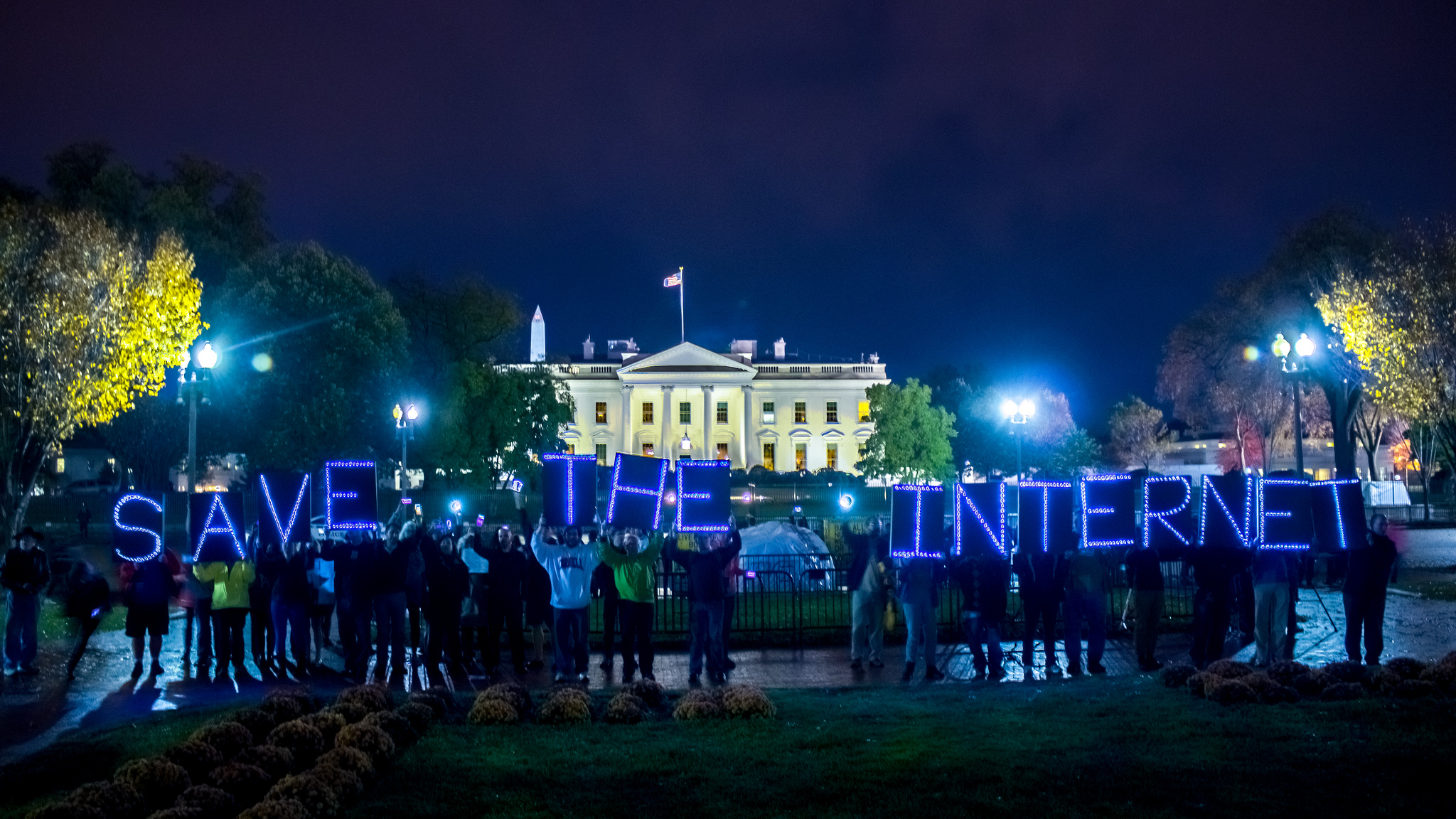Though it may seem that support for more legal aid would mostly arise from the liberal side of politics, both Republican and Democratic representatives have come together to establish a new legal aid caucus. The caucus, entitled “Access to Civil Legal Services Caucus”, was announced by Representatives Joe Kennedy III from Massachusetts and Susan Brooks from Indiana. Their goal is focused around “expanding access to legal representation for low-income families” including “…veterans, and victims of domestic abuse.” Ensuring that legal services are accessible is extremely important because without it, individuals “can face enormous burdens that devastate families, result in a further descent into poverty, and cause homelessness.”
Additionally, the caucus will focus on making sure there is enough funding for legal aid at the national level. Lack of funding is a serious issue; in 2013, 64% of cases that were eligible for legal aid in Massachusetts were turned away because organizations simply didn’t have enough funding. Representative Kennedy hopes that the caucus will “build a strong coalition in Congress to advocate for civil legal aid programs and ensure access to representation is never limited by income.”
Article via Above the Law, December 8, 2015
Photo: Capitol Hill, Washington DC via Toni Syvänen [Creative Commons Attribution-NonCommercial-NoDerivs]





